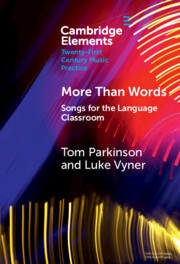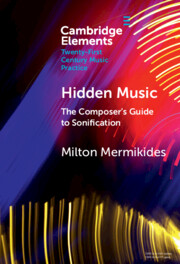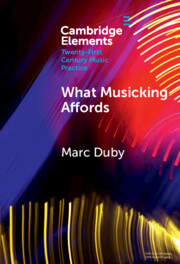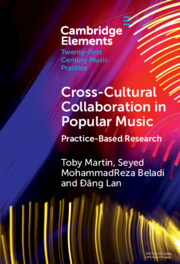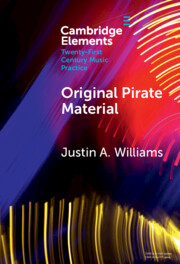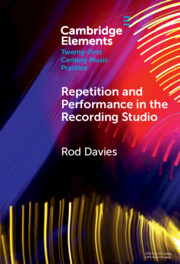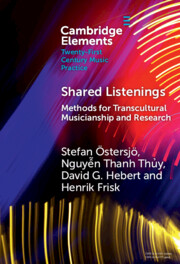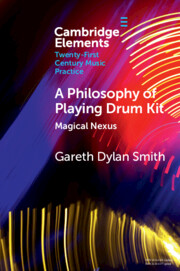About the Series
Elements in Twenty-First Century Music Practice has developed out of the 21st Century Music Practice Research Network which currently has around 250 members in 30 countries and is dedicated to the study of what Christopher Small termed Musicking – the process of making and sharing music rather than the output itself. Obviously this exists at the intersection of ethnomusicology, performance studies, and practice pedagogy / practice-led-research in composition, performance, recording, production, musical theatre, music for screen and other forms of multi-media musicking. The generic nature of the term ‘21st Century Music Practice’ reflects the aim of the series to bring together all forms of music into a larger discussion of current practice and to provide a platform for research about any musical tradition or style. It embraces everything from hip hop to historically informed performance and K-Pop to Inuk Throat Singing.
Series Editor: Simon Zagorski-Thomas, London College of Music, University of West London
Elements in this series
Key Themes
The 21st Century Music Practice series is based around five themes: Scripts, Tools, Tacit Knowledge, Contexts and Methodologies.
1. Scripts: looking at the nature of the ‘things’ that get performed. This draws on Nick Cook’s idea of scores as scripts as well as the notion of cognitive scripts as forms of knowledge. It could involve: Compositions and notation; Computer code as a composition; Unwritten ideas and arrangements; Frameworks for improvisation.
2. Tools: what technologies do musicians use to make music and how do they influence practice? Or how does the development of musical tools get influenced by practice and practitioners? It could involve: Instruments and techniques; Synthesis and sampling; Sound reinforcement and acoustics; Recording; Audio processing.
3. Tacit Knowledge: what does a practitioner need to know and internalise? There is obviously some overlap here with the first theme but this theme is more about general rules and conventions about practice rather than specific pieces of music. It could involve: Traditions and cultures; Forms of expression; Technical knowledge and understanding; Learning and pedagogy
4. Contexts: where and when do musical practices take place and how do these contexts influence practice? And, likewise, how have practice and practitioners influenced the development of the contexts in which they take place? It could involve: Concert settings; Recordings; Performance multi-media (musical theatre, theatre, circus etc); Recorded multi-media (music for film, games etc); Educational establishments; Business constraints
5. Methodologies: how should we be studying musical practice? It could involve: Ethnography and autoethnography; Psychology of musical practice and creativity; Practice As Research; Sociology / Actor Network Theory
About the Editor:
Simon Zagorski-Thomas is a Professor at the London College of Music (University of West London, UK) and founded and runs the 21st Century Music Practice Research Network. He is series editor for the Cambridge Elements series and Bloomsbury book series on 21st Century Music Practice. He is ex-chairman and co-founder of the Association for the Study of the Art of Record Production. He is a composer, sound engineer and producer and is the author of a monograph on Practical Musicology. His books include Musicology of Record Production (2014; winner of the 2015 IASPM Book Prize), The Art of Record Production: an introductory reader for a new academic field co-edited with Simon Frith (2012), the Bloomsbury Handbook of Music Production co-edited with Andrew Bourbon (2020) and the Art of Record Production: Creative Practice in the Studio co-edited with Katia Isakoff, Serge Lacasse and Sophie Stévance (2020).
Contact: [email protected]

